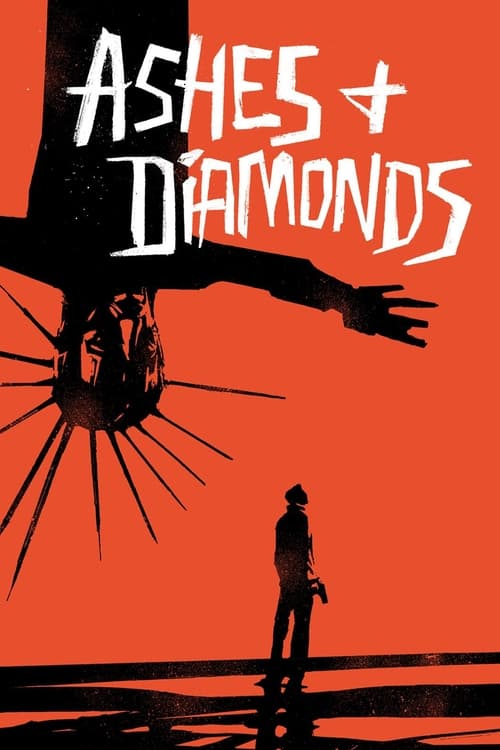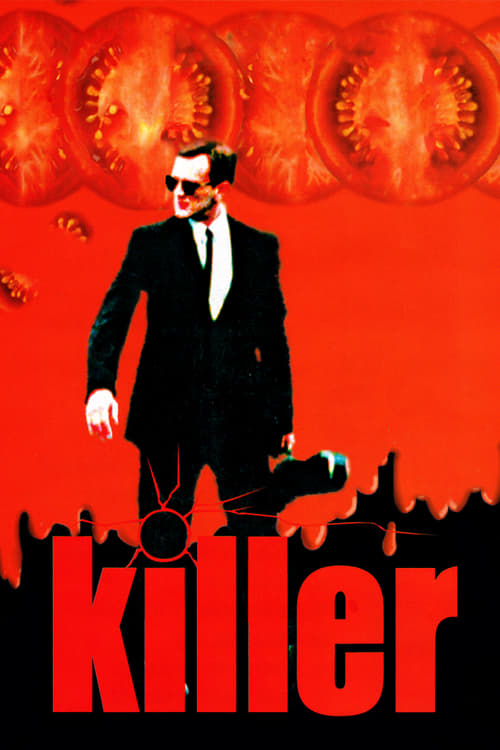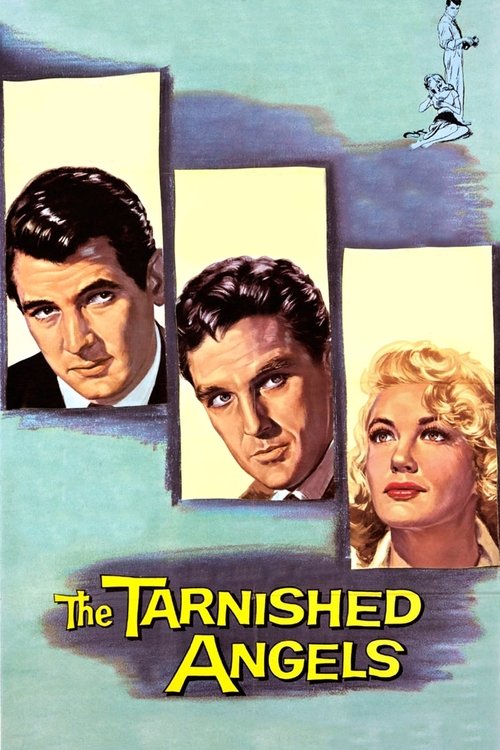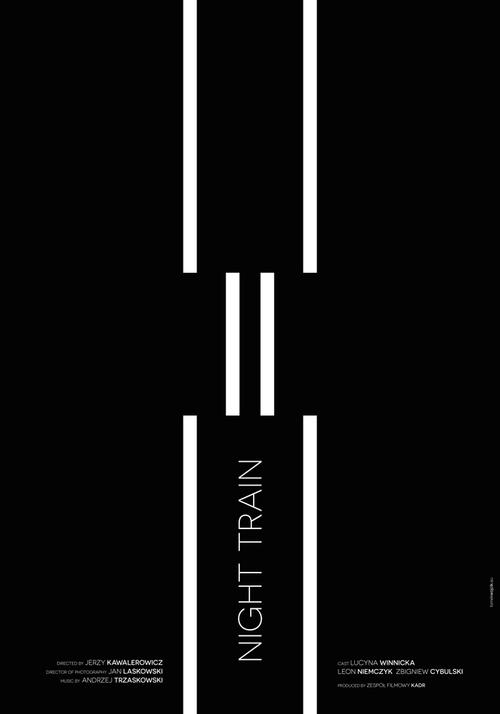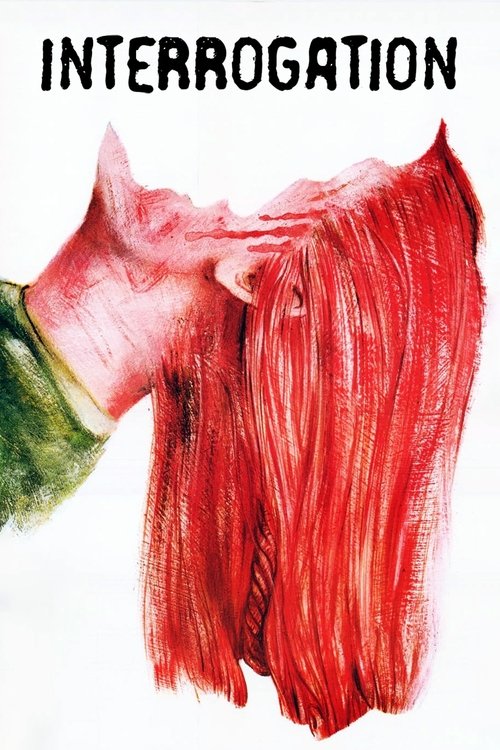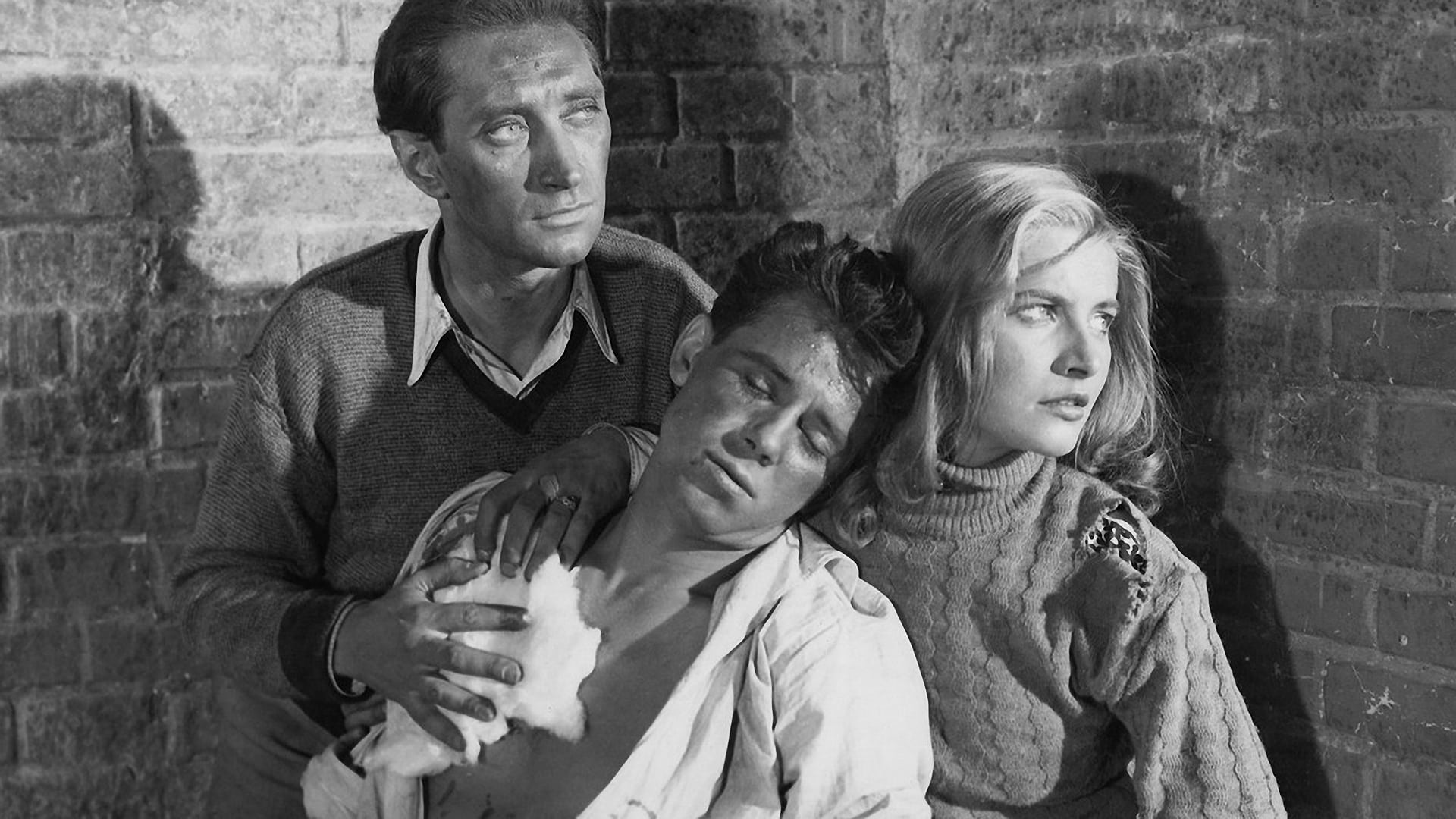
1957
Kanal
War, Drama
8.0
User Score
152 Votes
Status
Released
Language
pl
Budget
$0
Production
Zespół Filmowy Kadr
Overview
In the last few days of the Warsaw Uprising during World War II, a modest group of Resistance members remains. The band must take refuge in the sewers under the orders of leader Zadra, but it's only a matter of time before they will have to emerge. However, when they try, they are met only with intense hostility from the Nazis. Despite their attempts stay resolute through immense mental strain, it becomes increasingly apparent that they may be doomed.
Review
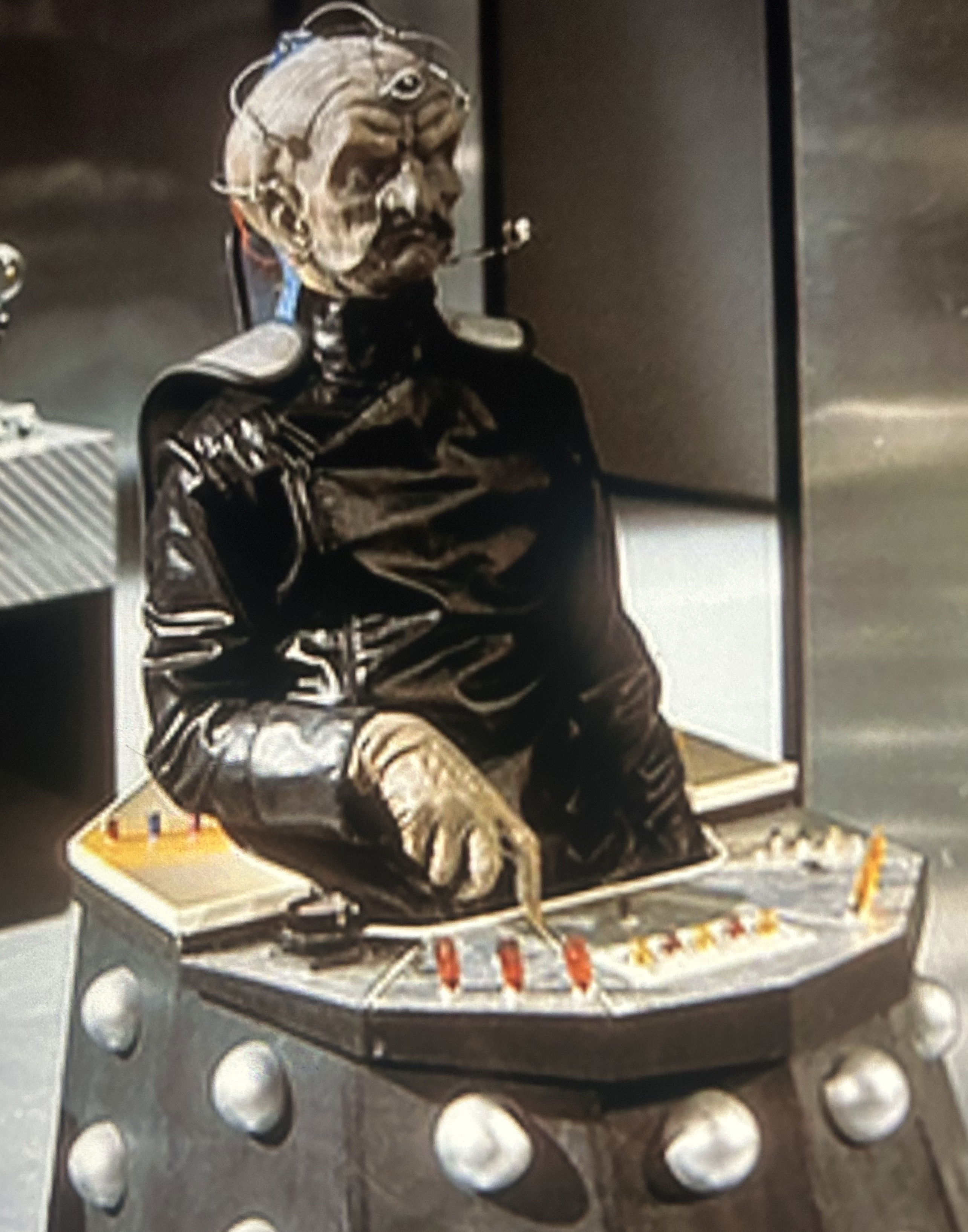
Geronimo1967
7.0
This has got to be one of the most claustrophobic war films I've ever seen. It's almost entirely set in the sewers beneath the streets of Warsaw as the Nazis close in on the city at the start of WWII. "Zadra" (Wienczyslaw Glinski) is charged by his colonel with getting what's left of his unit - now more a platoon than a company - to some sort of safety where they can hopefully regroup and continue the fight against some fairly overwhelming odds. With the savvy "Stokrotka" (Teresa Izewska) and his trusted deputy "Korab" (Tadeusz Janczar) to help, he must try to lead his reluctant fighters on a crawl through the tunnels that are regularly filled with poisoned gas and corpses by their conquerors. There's quite a revealing piece of narration at the start as we see these soldiers walk along amidst the destruction. It describes just what they really wanted from life - and it's that very ordinariness that sums up their courage as they attempt to take on their heavily armed foes. Notable amongst them is "Michal" (Vladsek Sheybal) who is a composer by trade and just wants to play the piano, but each of his comrades has a similarly simple aspiration - taking a bath, or eating some hot soup, that is now in as much ruins as the city overhead. It's tautly directed by Andrzel Wajda, with the closely confined environment through which they travel, the constant sound of running, filthy, water and the sounds of gunfire and explosions contributing hugely to a sense of peril as the group gradually dwindle heading for what they hope with be safety - and daylight. It ought to have an inevitability to it, and thankfully Wajda and writer Jerzy Stawinski don't shy away from that, nor do they make any attempt to sanitise it. It's a powerfully performed, grim, story from start to finish, indeed, but it's also one of hope and humanity, there's a little very dark humour and a genuine sense of disgust as they struggle on through the detritus and the bodies to fight another day.
Read More 